
Exciting new series on “Voice, Body and Movement for Lawyers – How to connect with the jury and find Justice Through Dramatic Technique!”
Click here to find out more
This program will discuss the rapidly evolving legal landscape of politicians’ use of social media and the important legal considerations for practitioners advising public officials and political candidates. The topics include the recent Supreme Court decision in Lindke v. Freed (regarding blocking constituents on social media), the U.S. House of Representatives Office of General Counsel’s guidance to Members about moderating and blocking social media users, and the effects of AI on politicians’ use of social media.
The learning objectives for attorneys include:
• Understand the best legal practices for politicians using social media.
• Understand the new caselaw developments in the social media space as they relate to politicians on social media.
• Understand the effects of artificial intelligence (AI) on politicians’ use of social media.
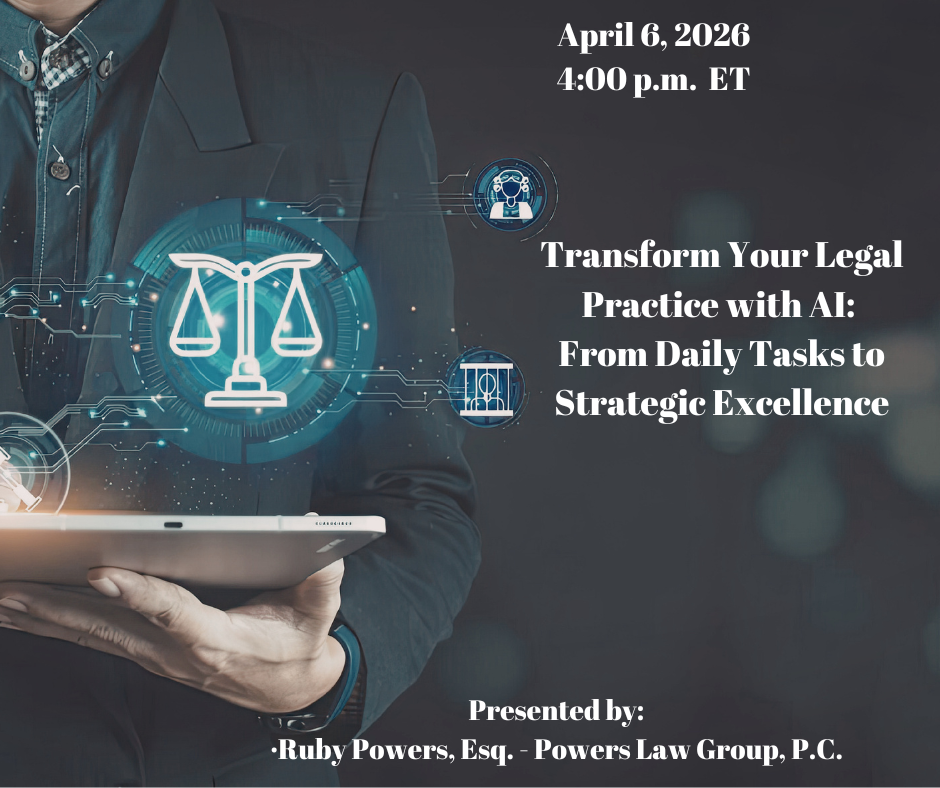
This course provides a strategic roadmap for attorneys to transition from administrative burnout to ...
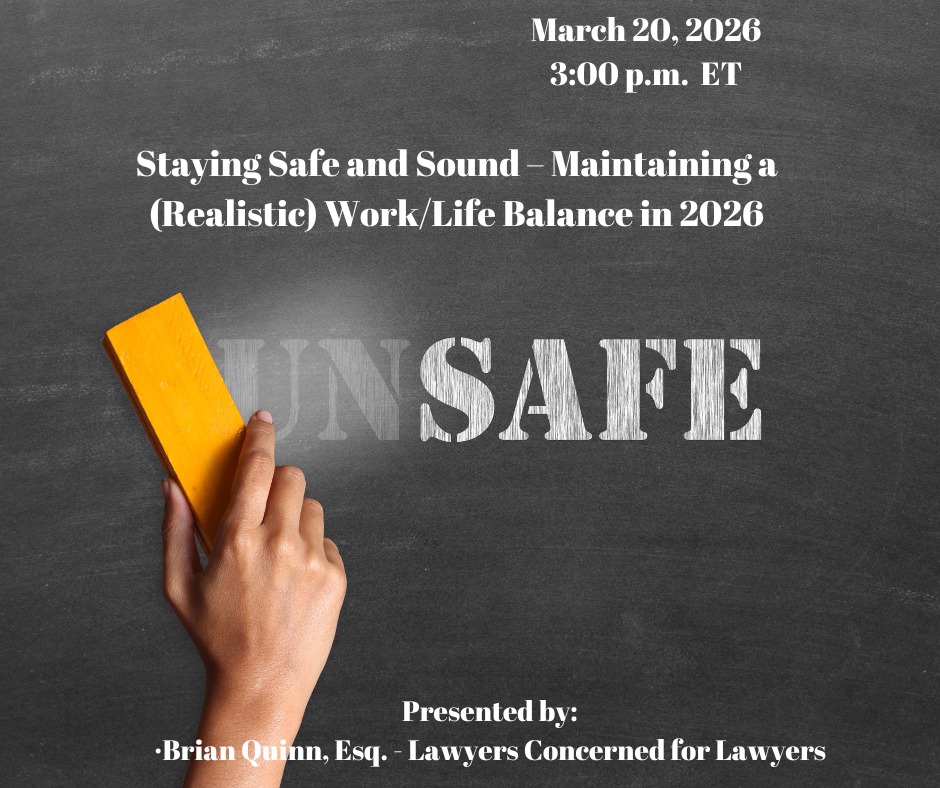
Recent studies have shown that there has been a dramatic increase in impairment due to alcoholism, a...
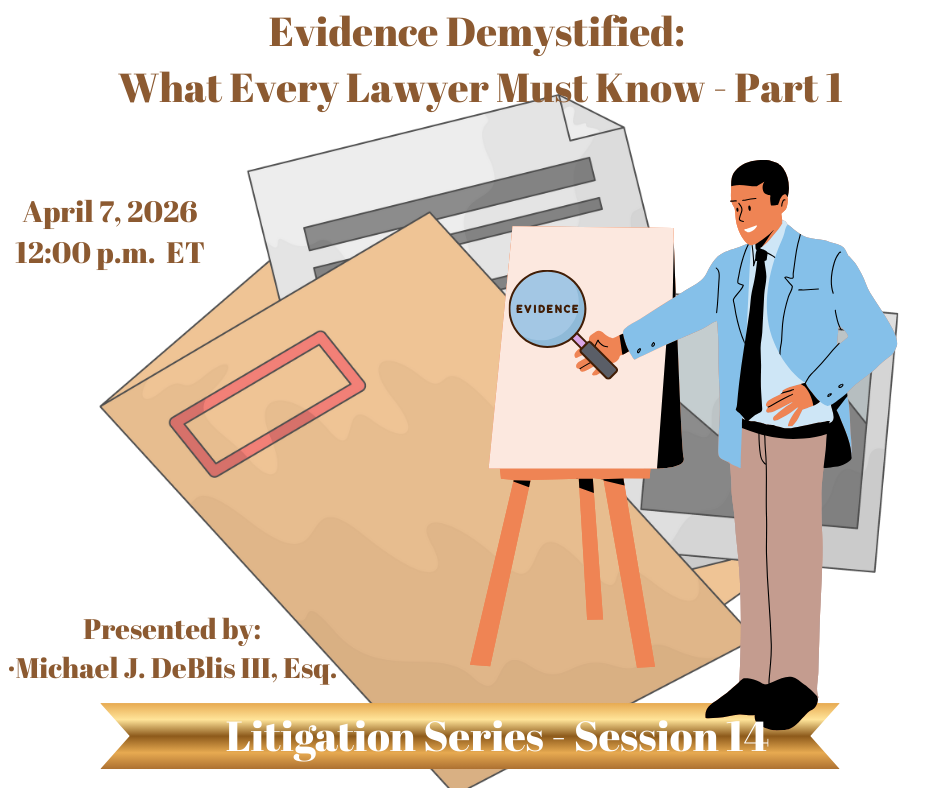
Evidence Demystified Part 1 introduces core evidentiary principles, including relevance, admissibili...
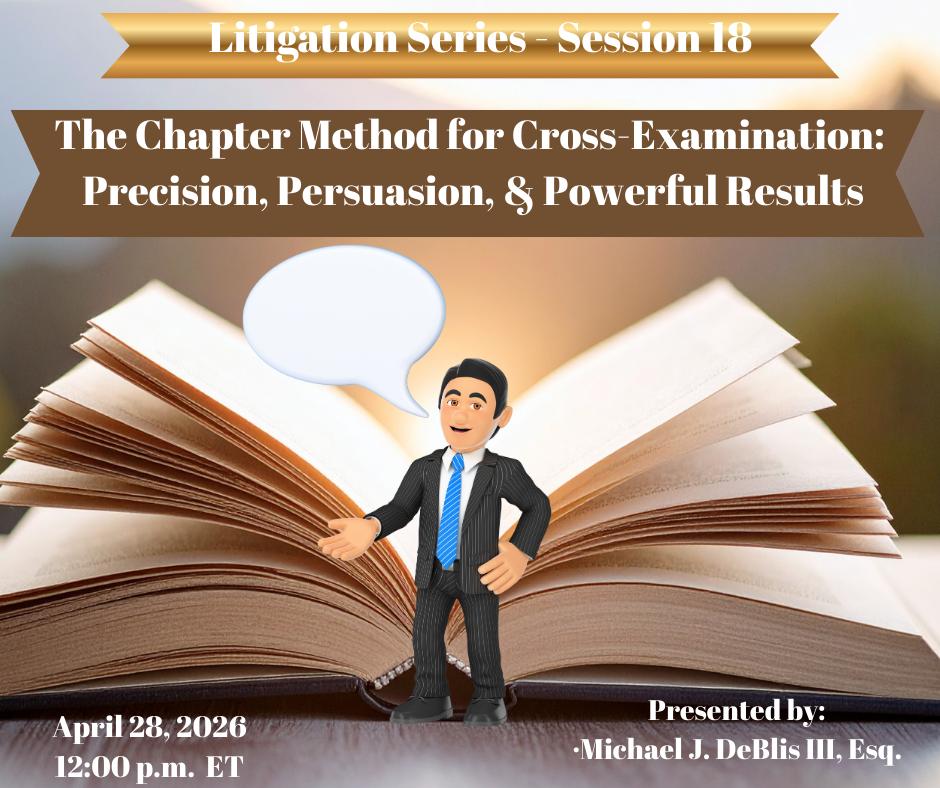
The “Chaptering Your Cross” program explains how dividing a cross?examination into clear...
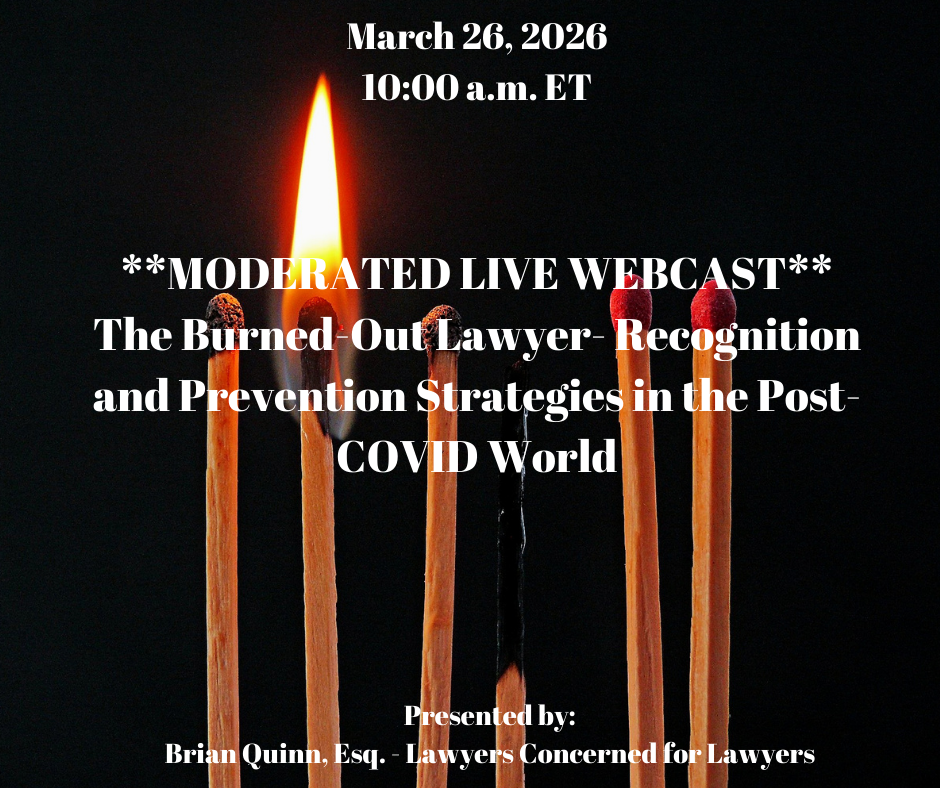
If there is one word we heard during our journey through the pandemic and continue to hear more than...
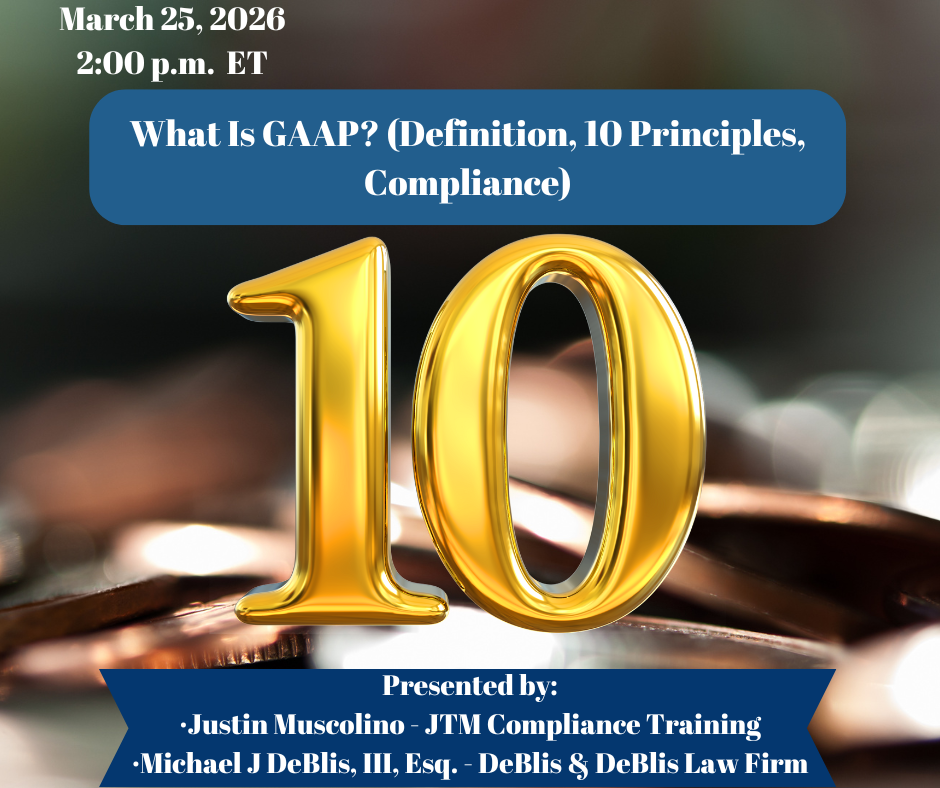
This course breaks down GAAP’s ten foundational principles and explores their compliance impli...
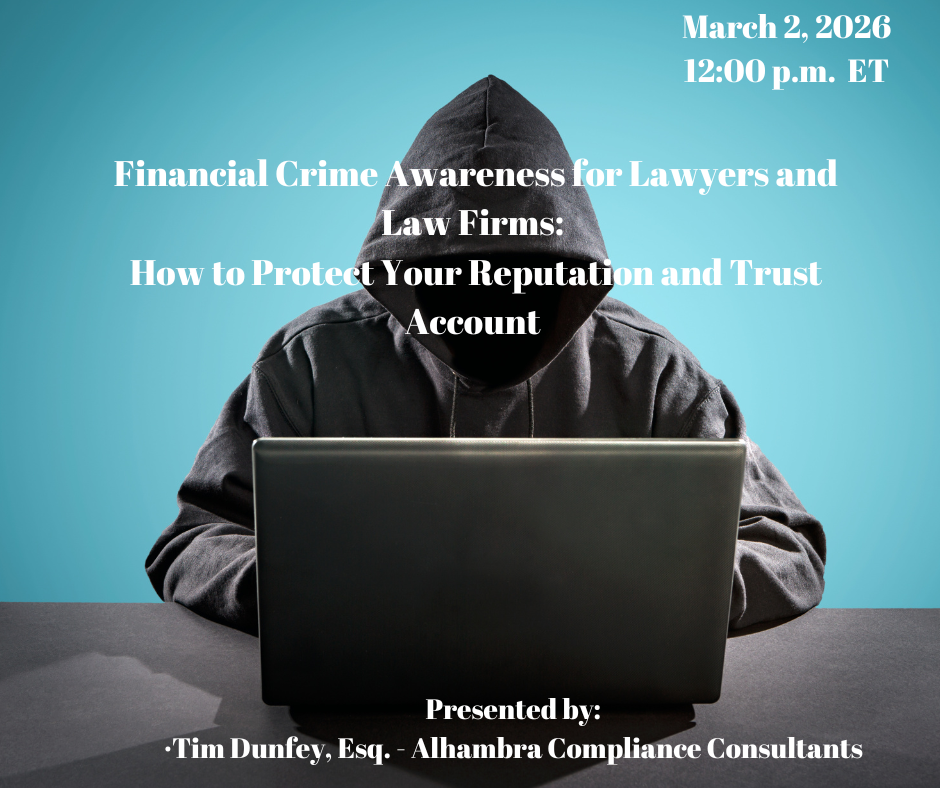
Attorneys and law firms are well known vectors for money laundering risk. Banks regularly labe...
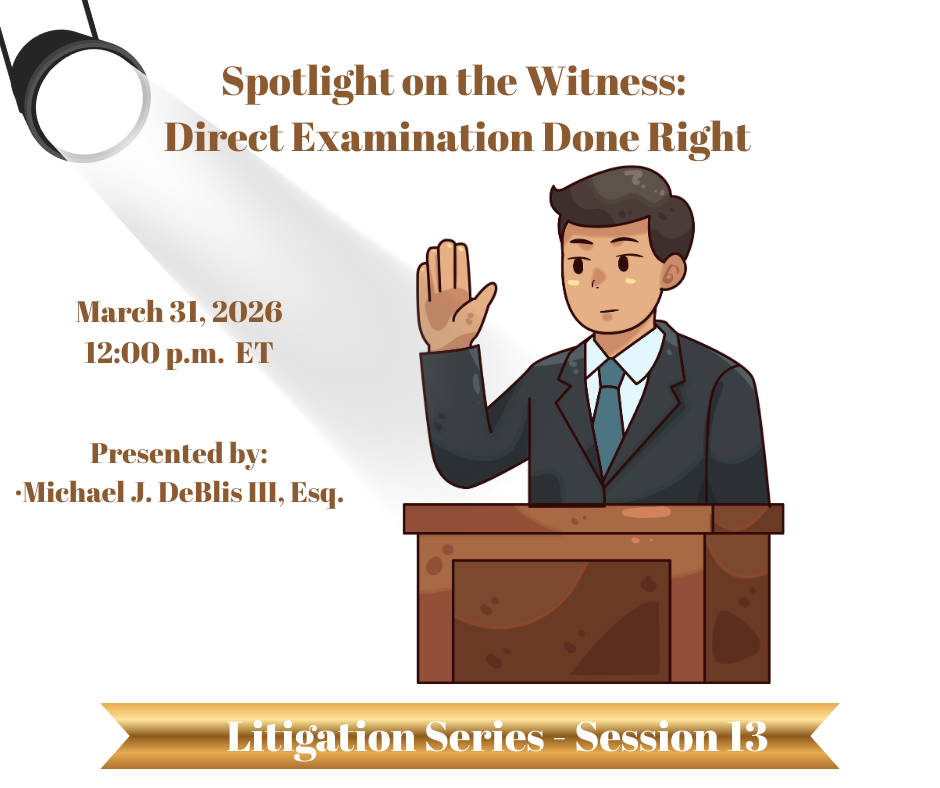
The direct examination presentation outlines how attorneys can elicit truthful, credible testimony w...
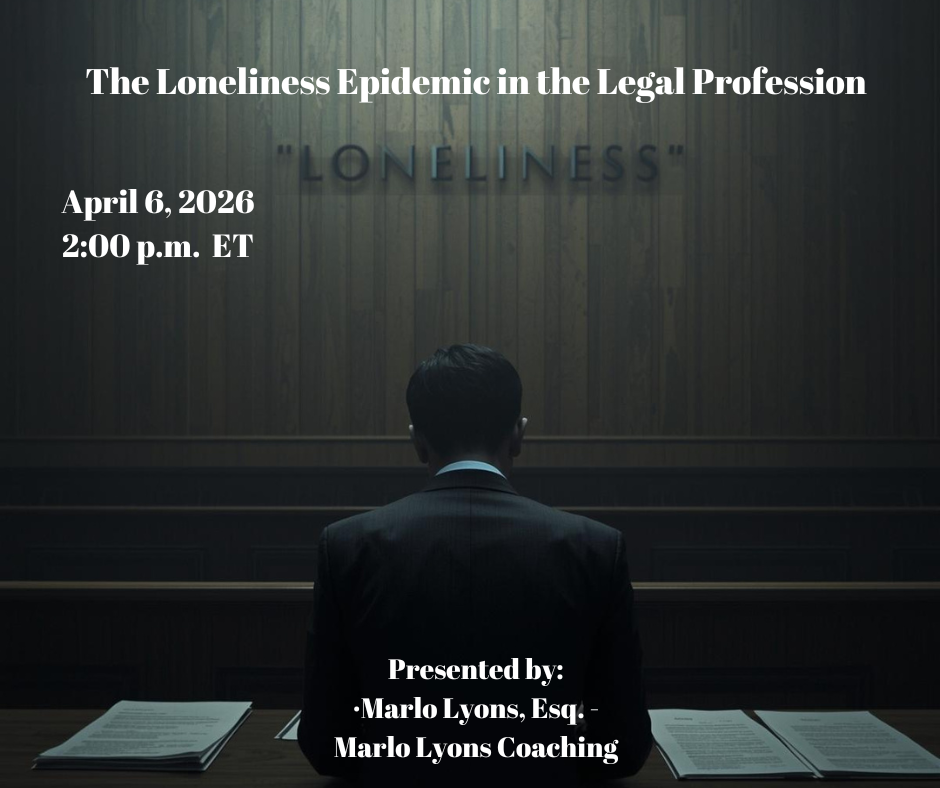
Loneliness isn’t just a personal issue; it’s a silent epidemic in the legal profession t...
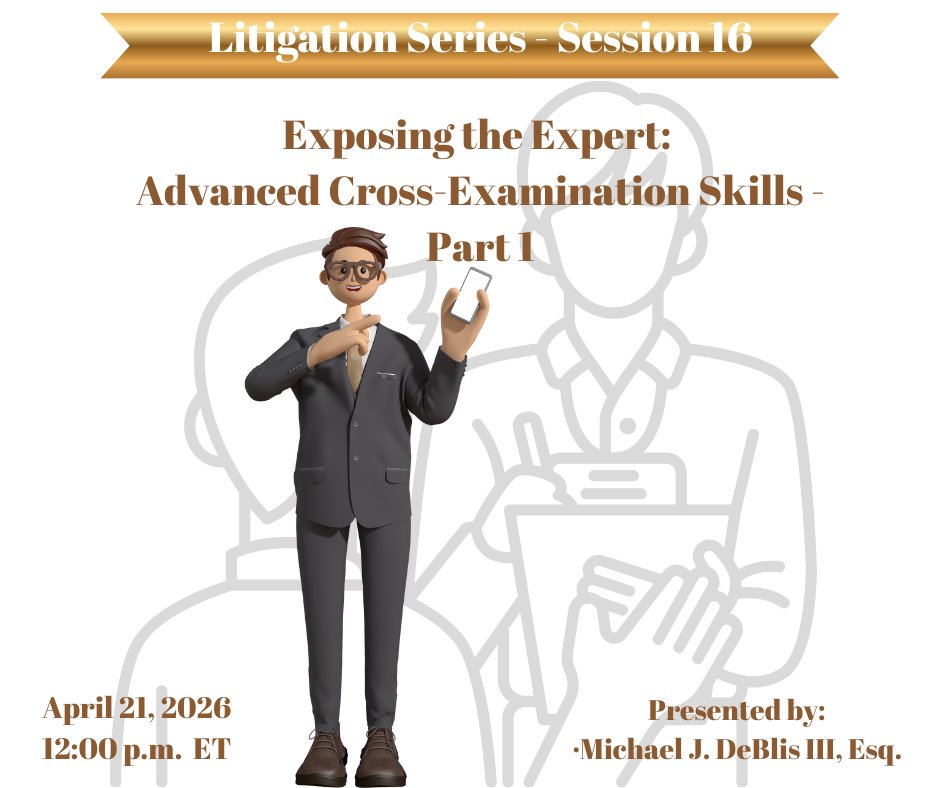
Part 1 - This program focuses specifically on cross?examining expert witnesses, whose credentials an...